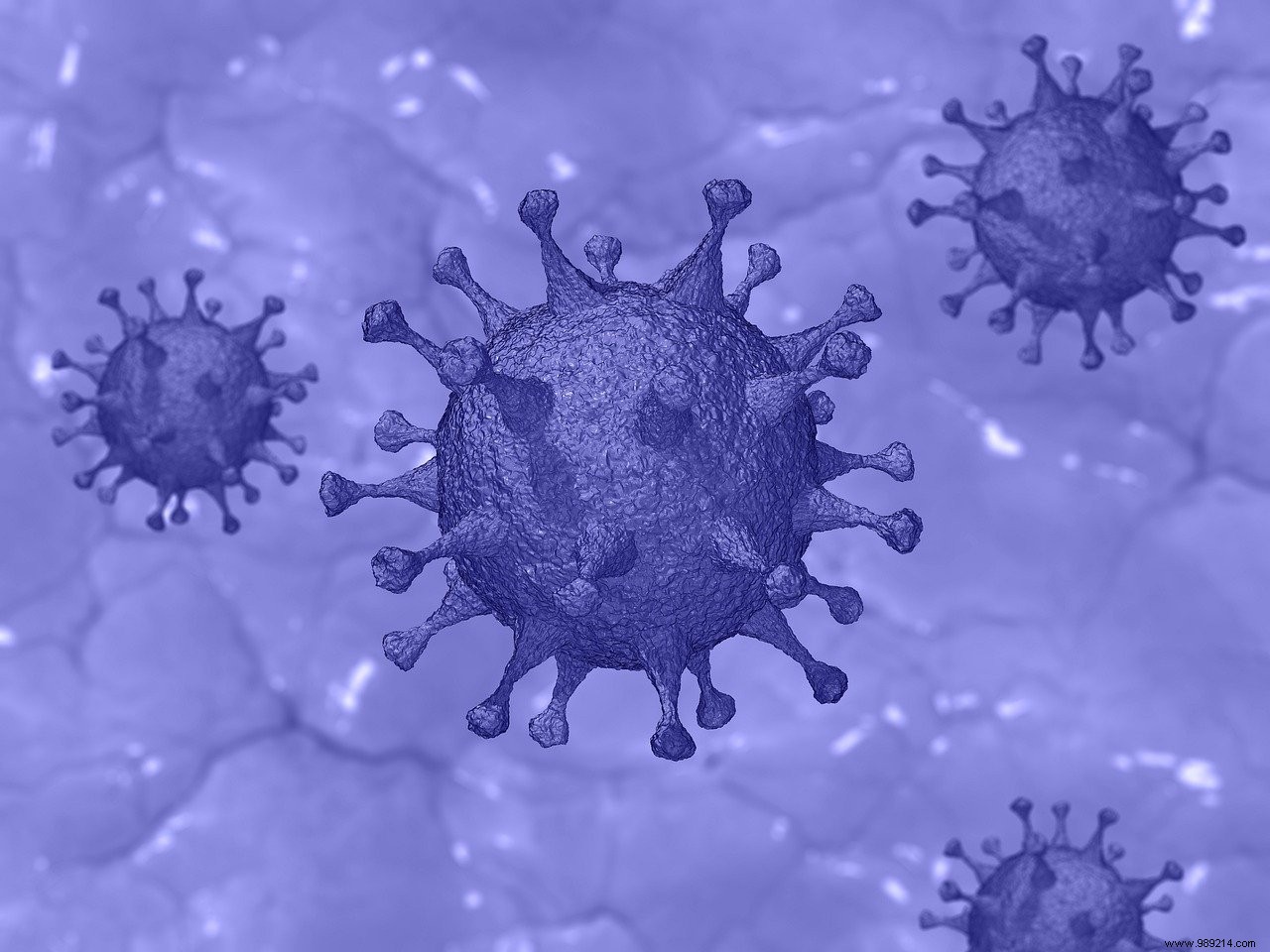A recent British study shows that antibodies against the coronavirus disappear very quickly, in just a few weeks. However, this trend particularly concerns patients over 75 and asymptomatic people.
While the Covid-19 pandemic is still firmly rooted in our daily lives, the issue of antibodies is very important. Recently, several studies suggested that up to 8.5% of infected patients did not develop any antibodies or that children would produce less varied antibodies than those of adults. What about the duration of the presence of antibodies against the coronavirus in the body? This is indeed an important question to better understand whether relying on potential collective immunity is possible. However, the answer to this question is still unknown.
As explained in a press release from Imperial College London on October 27, 2020, the REACT-2 program aimed to provide further clarification on this subject. The study involved 365,104 volunteers followed for three months between June and September 2020. Participants self-tested to measure lateral flow/LFA and check for IgG antibodies . However, 17,576 of the participants tested positive.

Antibody prevalence was 6.0% at the start of the program, but by the end this same rate had dropped (4.4%). Thus, the researchers found a decrease in antibodies of 26.5% on average in three months. Moreover, this trend affects all age groups. However, people over the age of 75 had a very weak positive test compared to others, but had a greater drop in antibody levels. This decrease is indeed 39% among those over 75 against only 15% among 18-24 year olds.
The study also showed that in asymptomatic people, there is a decrease in antibodies of 64% . The latter are therefore those whose antibody level disappears the earliest in comparison with those presenting symptoms.
“We do not yet know if this will put these people at risk of reinfection with the virus, but it is essential that everyone continues to follow measures to reduce risk to self and others “, said Helen Ward, one of the authors of the study.
Other experts believe the study has uncertainties. According to Eleanor Riley, professor of immunology and infectious diseases at the University of Edinburgh (UK), the REACT-2 study does not look at antibody concentrations or their function. Nor does it concern other aspects such as T cell immunity. According to the expert, it would therefore be too early to say that immunity to the coronavirus does not last.
In addition, the results of the study do not allow us to say whether a vaccine could be ineffective. Indeed, the latter contain adjuvants that can generate lasting immune responses . Finally, Eleanor Riley believes that the most important unknown at the level of the study relates to the following question:how quickly would antibody levels increase again in the event that a person encountered the SARS-CoV-2 virus a second time?